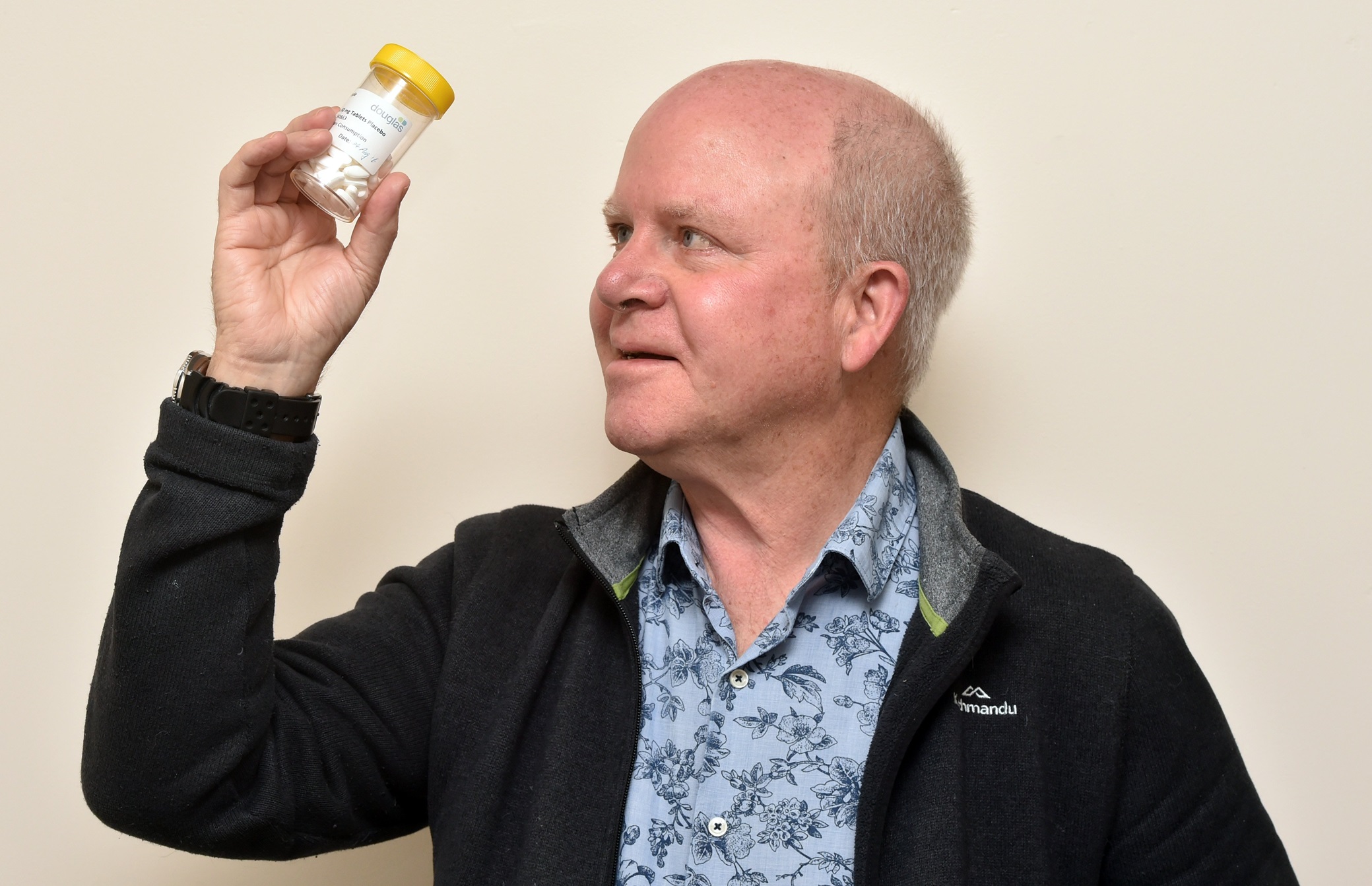
University of Otago Hazel Buckland chair in psychological medicine Prof Paul Glue is up for the BNZ Researcher Entrepreneur Award for his pioneering research.
The awards honour those who bridge the gap between research and business, transforming scientific discoveries into real-world solutions that create lasting benefit for New Zealanders.
"I’m absolutely blown away by this," Prof Glue said.
"Since this project started, it’s taken on a whole new life of its own."
For nearly a decade, he has been working on the medication, which is now about to undergo Food and Drug Administration approval, with the aim of getting it on the market within the next three years.
He said the new medication was working well for patients and almost everyone who took it during trials decided they wanted to stay on it.
While he was delighted to be named a finalist in the awards, Prof Glue said the biggest reward was that it was changing people’s lives.
"The contrast between what their pattern of illness was like before, versus being on this drug and basically being well, has been striking — life-changing for them."
Most people who have treatment-resistant depression are destined to be stuck at home, unable to work, continually dealing with relationship problems — a place far from a normal life, he said.
"The stats show that about one in five women, and one in 10 men in New Zealand will have an episode of depression, and about a third of the patients won’t respond to conventional treatments.
"They’re functionally impaired. It’s a big population, and at the moment, we as a health system do not have an effective line of treatment for this big population."
Doctors usually used the anaesthetic drug as an effective means of sedation and pain relief, but ketamine was also given to patients with treatment-resistant depression, via injection or nasal spray.
Unfortunately, it had major side effects in this form, he said.
"It can make patients feel very spaced out, very sleepy. They can’t walk for about half an hour.
"That’s why you have to have it in a clinic.
"It’s quite a burden on resources for patients and the health system."
However, Prof Glue’s slow-release ketamine tablets were absorbed by the body over about 10 hours and had few side effects.
Because of that, it reduced the risk of abuse by drug users.
It meant the tablets could be picked up from a pharmacy on prescription, potentially making treatment a much cheaper and more convenient option, compared with weekly clinic visits for ketamine injections or nasal sprays, he said.
KiwiNet chief executive Dr James Hutchinson said the finalists represented the "cutting edge of innovation", turning world-class science into high-value, high-growth ventures with real impact for New Zealand.
"From pioneering medical treatments to clean tech, sustainable food production and space innovation, they show how science can tackle real-world challenges — growing our economy, boosting productivity, and doing good in our communities."
The winners of the KiwiNet Awards will be announced at a ceremony in Auckland on October 22.












